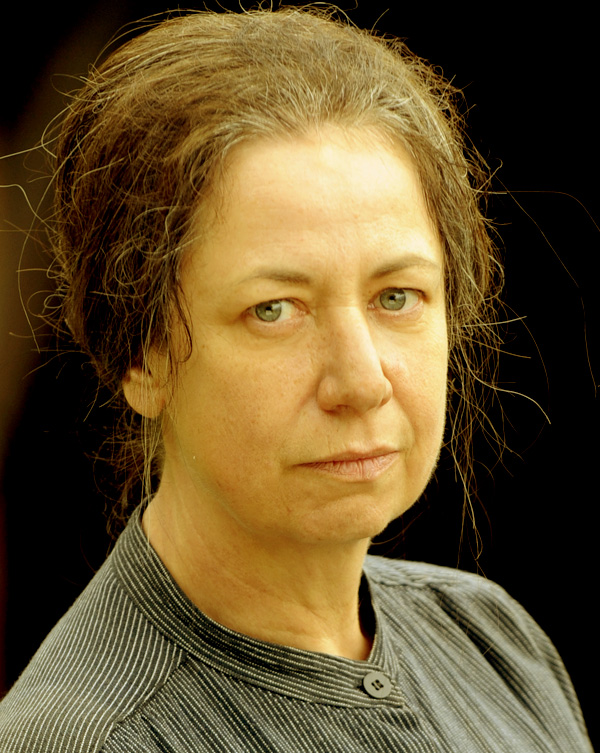Elisabeth Fritzl is a name that resonates with many due to her harrowing life story that unfolded in Austria. In this comprehensive article, we will delve into her life, including the circumstances that led to her captivity, the impact of her experiences, and her journey toward healing and empowerment. This exploration is not just a recounting of a tragic event but also a testament to the strength of the human spirit.
In a world where many remain unaware of the complexities surrounding such traumatic experiences, it is crucial to bring light to Elisabeth's story. This article will serve as a resource for those seeking to understand the intricacies of her life and the broader implications of her experiences. Join us as we uncover the layers of Elisabeth Fritzl's life, her resilience, and the importance of advocacy for victims of abuse.
Table of Contents
- Biography of Elisabeth Fritzl
- Early Life and Background
- The Captivity: A Harrowing Tale
- The Escape: A Step Towards Freedom
- Aftermath and Legal Proceedings
- Public Reaction and Media Coverage
- Healing Process and Advocacy
- Conclusion: Lessons Learned
Biography of Elisabeth Fritzl
| Full Name | Elisabeth Fritzl |
|---|---|
| Date of Birth | April 18, 1966 |
| Nationality | Austrian |
| Known For | Surviving prolonged captivity |
Early Life and Background
Elisabeth Fritzl was born in Amstetten, Austria, into a troubled family dynamic. Her father, Josef Fritzl, was known to have a manipulative and abusive nature, which would later play a significant role in Elisabeth's life. Growing up, she faced numerous challenges, including a lack of emotional support and a dysfunctional home environment. This background set the stage for the traumatic events that followed.
The Family Dynamics
The Fritzl family was marked by secrecy and fear. Elisabeth's relationship with her parents, particularly her father, was tumultuous. These dynamics contributed to her vulnerability and isolation, which Josef exploited in the years to come.
The Captivity: A Harrowing Tale
In 1984, at the age of 18, Elisabeth was lured into the basement of her father's house, where she was imprisoned for 24 years. Josef Fritzl constructed a hidden dungeon, keeping her captive and subjecting her to physical and emotional abuse. During this time, Elisabeth gave birth to seven children, three of whom were raised by Josef and his wife, while the others remained with her in captivity.
The Conditions of Captivity
- Isolation from the outside world
- Lack of proper medical care
- Emotional and psychological abuse
The Escape: A Step Towards Freedom
Elisabeth's escape in 2008 was a pivotal moment in her life. It began when one of her children fell ill, prompting her to seek medical attention. The circumstances of her escape highlighted the courage and determination she possessed, despite the years of trauma she had endured.
Aftermath and Legal Proceedings
Following her escape, Elisabeth faced the daunting task of reintegrating into society. The legal proceedings against her father garnered international attention, leading to Josef's conviction and imprisonment. Elisabeth's story sparked discussions on abuse, victim rights, and the importance of mental health support for survivors.
Public Reaction and Media Coverage
The media coverage surrounding Elisabeth's case was extensive, bringing her story to the forefront of public consciousness. While some hailed her as a symbol of strength, others criticized the sensationalism surrounding her life. This reaction underscores the complex relationship between media, trauma, and public perception.
Healing Process and Advocacy
Elisabeth's journey to healing was not easy, but she emerged as an advocate for other survivors of abuse. Her experiences prompted her to speak out about the importance of mental health resources and support systems for victims. Elisabeth's resilience serves as an inspiration for many, emphasizing the need for awareness and prevention of abuse.
Conclusion: Lessons Learned
Elisabeth Fritzl's story is one of survival, resilience, and hope. It highlights the importance of understanding and addressing the complexities surrounding abuse. As we reflect on her journey, it is essential to foster conversations that promote awareness and prevention, ensuring that such atrocities do not continue to occur.
We encourage readers to engage with this topic, share their thoughts, and continue to advocate for the rights of survivors. Your voice matters in creating a safer society for everyone.
As we conclude this exploration of Elisabeth Fritzl's life, we invite you to return for more insightful articles that delve into important topics and stories that shape our world.
Article Recommendations
- Kate Bush
- Savannah Guthrie A Deep Dive Into The Life Of A Multifaceted Journalist And Television Host
- Death Of Will Smith


